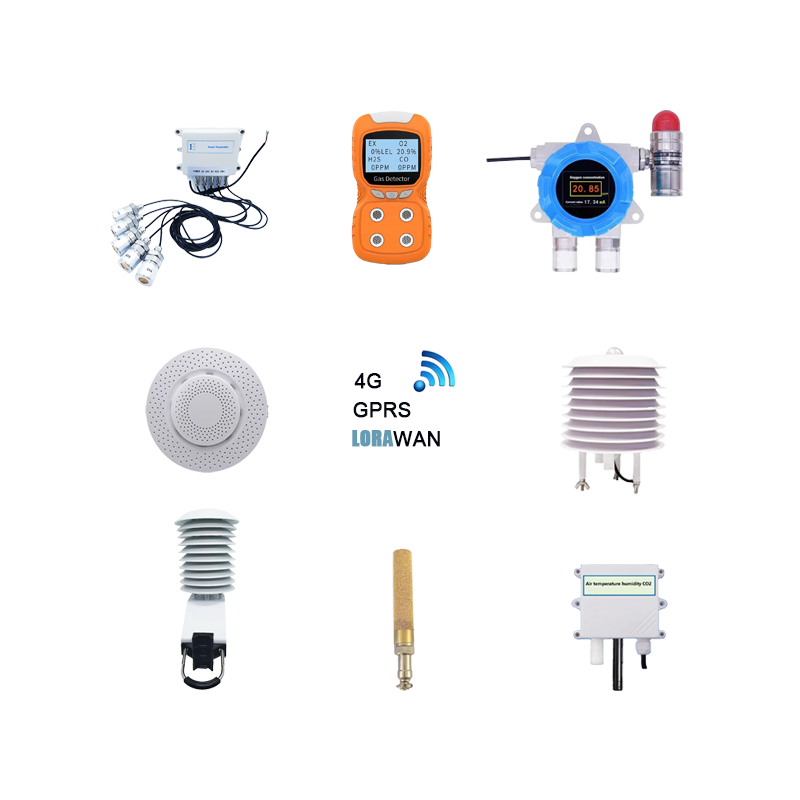As global awareness of environmental issues and safety regulations increases, the demand for gas sensors continues to rise across multiple sectors. These innovative devices play a crucial role in monitoring gas compositions and concentrations, contributing to safer and cleaner environments.
Key Features of Gas Sensors
Gas sensors are recognized for their high sensitivity, rapid response times, and versatility. They can detect a wide range of gases, including toxic and combustible substances, which makes them essential in various applications. Modern gas sensors often incorporate advanced technologies such as semiconductor, electrochemical, and infrared sensing methods, allowing for precise measurements in real-time.
Applications in Different Fields
-
Environmental Monitoring
Gas sensors are increasingly used in environmental applications to monitor air quality. They can detect pollutants such as sulfur dioxide, nitrogen oxides, and particulate matter, providing valuable data for urban air quality management and climate studies. -
Industrial Safety
In industrial settings, gas sensors are vital for ensuring workplace safety. They help monitor for gas leaks in oil and gas industries and chemical plants, where toxic or flammable gases could pose significant risks to personnel and equipment. -
Smart Homes
The integration of gas sensors in smart home systems is gaining traction. Devices such as smart smoke detectors and indoor air quality monitors rely on gas sensors to enhance safety and improve living conditions by detecting harmful gases like carbon dioxide and volatile organic compounds . -
Automotive Industry
In the automotive sector, gas sensors are employed to monitor vehicle emissions and enforce compliance with environmental standards. Additionally, they help maintain cabin air quality by detecting harmful substances for passenger safety. -
Healthcare
In the medical field, gas sensors are utilized for respiratory analysis, measuring components in exhaled breath to monitor health conditions. They are also essential in surgical environments, where anesthetic gas levels must be closely monitored. -
Food and Agriculture
Gas sensors play a critical role in food preservation by monitoring gas concentrations during storage. In agriculture, they help analyze soil gas for improved crop management. -
Scientific Research
Research laboratories use gas sensors for precise gas composition analysis, which is vital for environmental science studies and various scientific experiments. -
Aerospace
In aviation and space exploration, gas sensors monitor cabin air quality and the state of fuels and oxidizers in propulsion systems, ensuring the safety and efficiency of flights and missions.
Facilitating Innovation and Safety
The increasing reliance on gas sensors highlights their essential role in promoting safety, health, and environmental conservation. To explore the benefits and specifications of these cutting-edge devices, interested parties can reach out to Honde Technology Co., LTD.
For more gas sensor information, please contact Honde Technology Co., LTD.
Email: info@hondetech.com
Company website: www.hondetechco.com
Tel: +86-15210548582
As industries continue to prioritize safety and sustainability, the demand for gas sensors is expected to grow, driving innovation and development in this critical technology space.
Post time: May-29-2025

